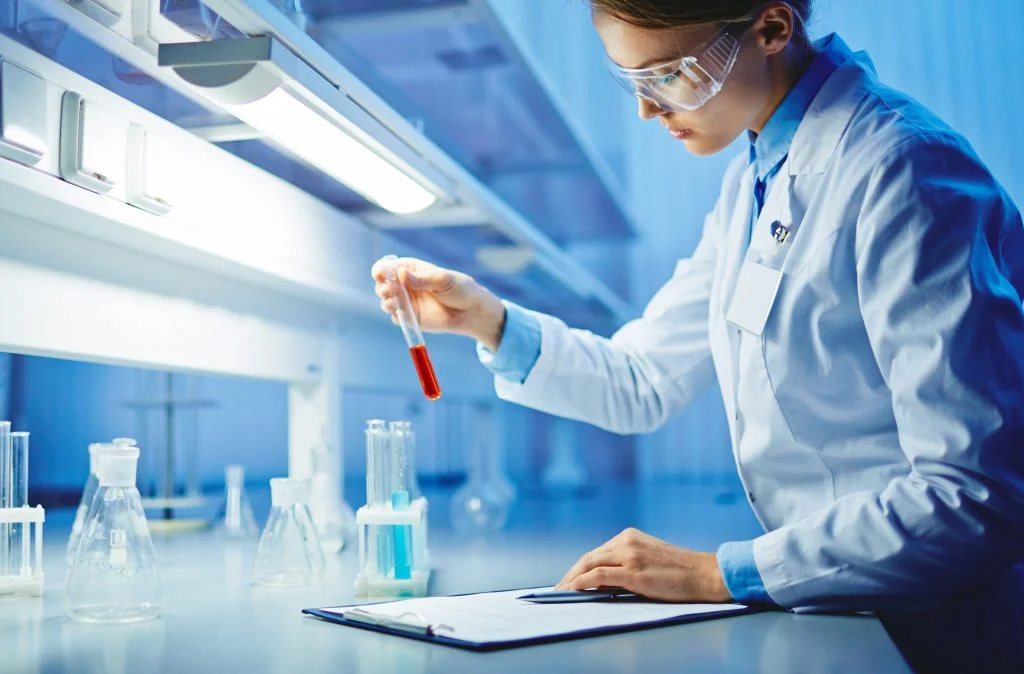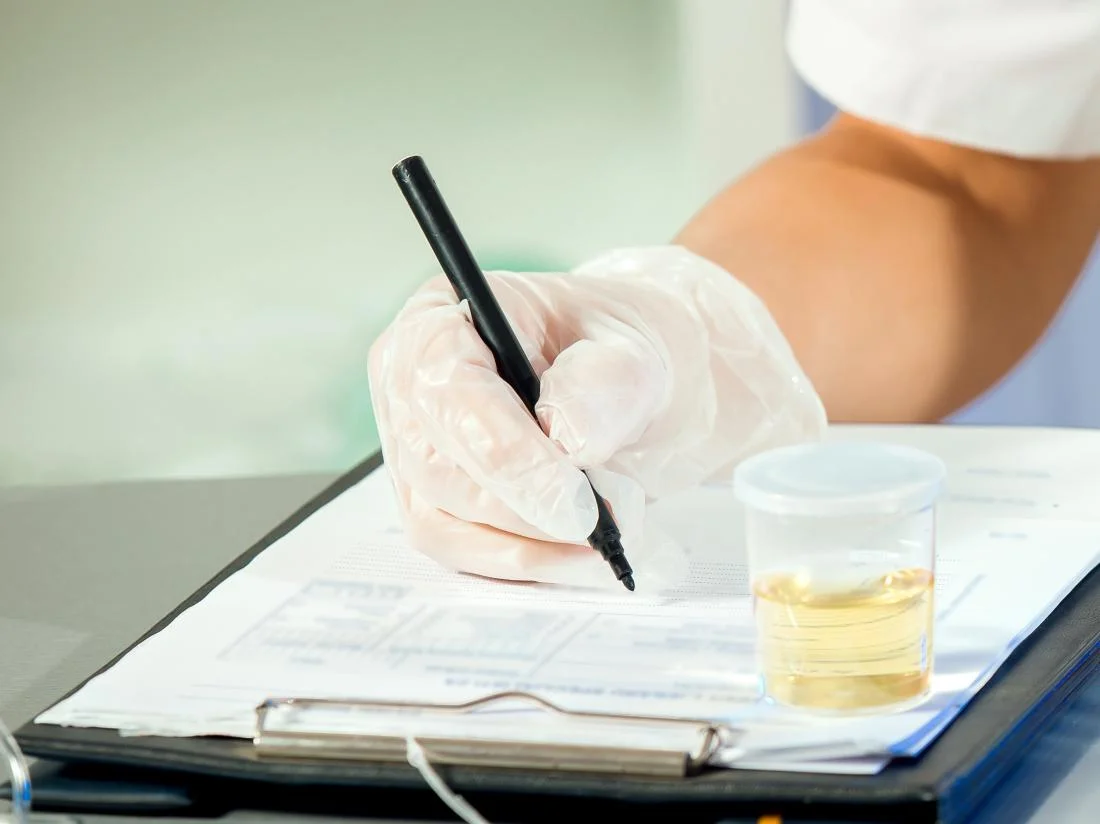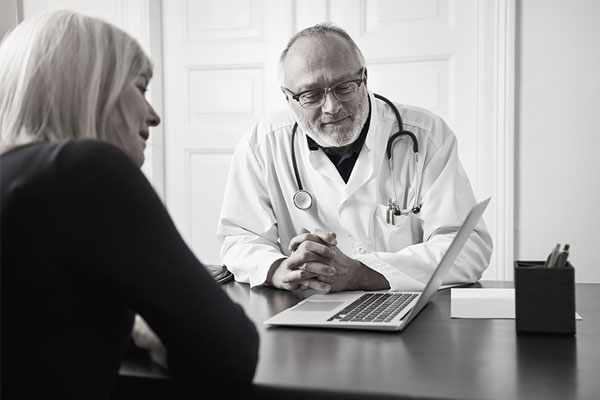Drug Screening in Abu Dhabi
Elyzee Hospital is one of the best medical centers in Abu Dhabi specializing in Gynaecology.

Drug Screening in Abu Dhabi
Drug screening is a crucial procedure used to detect the presence of specific drugs or their metabolites in a person’s system. This procedure serves various purposes, including workplace safety, legal requirements, and healthcare assessments. In this comprehensive guide, we delve into the world of drug screening, highlighting its benefits, identifying suitable candidates, detailing the consultation and preparation process, explaining the procedure itself, discussing post-screening considerations, outlining the final results, offering a concluding perspective, and addressing frequently asked questions to provide a comprehensive understanding of this vital aspect of healthcare and safety.
The benefits of this procedure
Drug screening offers several significant benefits, primarily in ensuring safety and compliance. In workplace settings, it helps maintain a drug-free environment, reducing the risk of accidents and injuries. In legal and criminal justice contexts, drug screening assists in monitoring individuals on probation or parole and promotes accountability. In healthcare, it aids in diagnosing and monitoring substance use disorders, guiding treatment decisions, and enhancing patient care.

The best candidate for this procedure
The suitable individuals for drug screening are those who have to meet criteria or those who need to be evaluated for substance use disorders. This category includes employees in positions that require levels of safety athletes who are subject to doping regulations, individuals involved in legal matters and patients undergoing treatment for substance use disorders. Employers, authorities, healthcare providers and organizations may ask for drug screening based on their requirements.
Consultation with a Doctor and Preparation for the Procedure
In instances seeking the advice of a doctor is not necessary when it comes to drug screening. Nevertheless there are scenarios where individuals might need to undergo screening as part of an assessment or upon the request of an employer or legal authority. The preparation process usually entails providing a sample of urine, blood, saliva or hair depending on the type of drug screening being conducted. It is crucial to adhere to any instructions given such as fasting or refraining from medications before undergoing the test.
What's Happening During the Procedure
Drug screening procedures vary based on the sample type and the drugs being tested. Urine drug tests are among the most common and involve providing a urine sample in a designated container. Blood tests analyze a blood sample for the presence of drugs or their metabolites, while saliva tests use a swab to collect a sample from the mouth. Hair follicle tests analyze hair strands for drug residues. During the procedure, strict chain of custody protocols are often followed to maintain the integrity of the sample.
After the Procedure and Recovery
The recovery period for drug screening is not specified since it is a procedure that doesn’t require any measures. Once the sample has been provided individuals can go back to their activities. The samples collected are then sent to a laboratory for analysis. The results are usually ready within a day to a week. Once the results are received individuals and relevant authorities can take steps based on the findings.
Final Result
The outcome of the drug screening process determines if any particular drugs or their byproducts were identified in the sample. If the result is negative it means that no drugs were detected within the tests limits of detection. On the other hand a positive result indicates the presence of drugs. To eliminate any possibility of positives further confirmation testing is conducted on results. The findings from drug screening are commonly utilized for determinations, like employment considerations, legal matters or healthcare treatment strategies.
Conclusion
Drug testing is a tool, in areas helping to ensure safety, compliance and evaluating healthcare. Whether it’s in workplaces, legal contexts or healthcare facilities drug testing plays a role in maintaining accountability and safety. It is vital for both individuals and organizations to have an understanding of the process and its implications.

FAQ
The results of drug screenings are usually treated as confidential. Safeguarded by privacy laws. Nevertheless, in situations, like employment related tests there might be instances where the findings could be disclosed to authorities or organizations.
Drug screening tests are. Conducted to identify drugs or categories of drugs. These tests can detect substances, like marijuana, cocaine, opioids, amphetamines and benzodiazepines.
If you receive a positive result, further confirmation testing is often conducted to rule out false positives. Depending on the context, positive results may lead to consequences such as legal actions, treatment referrals, or employment decisions.
Make An Appointment

